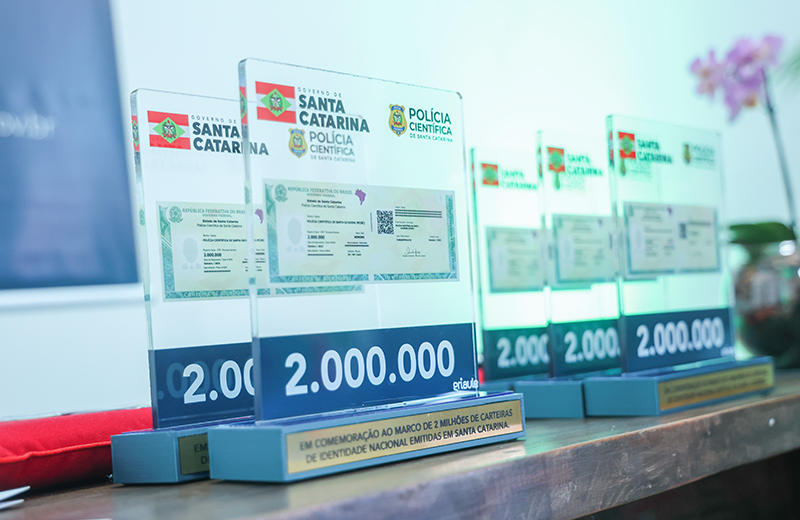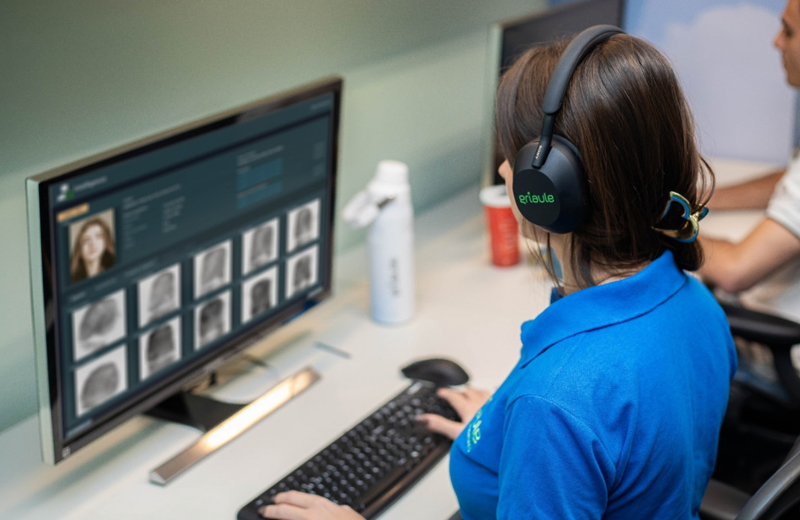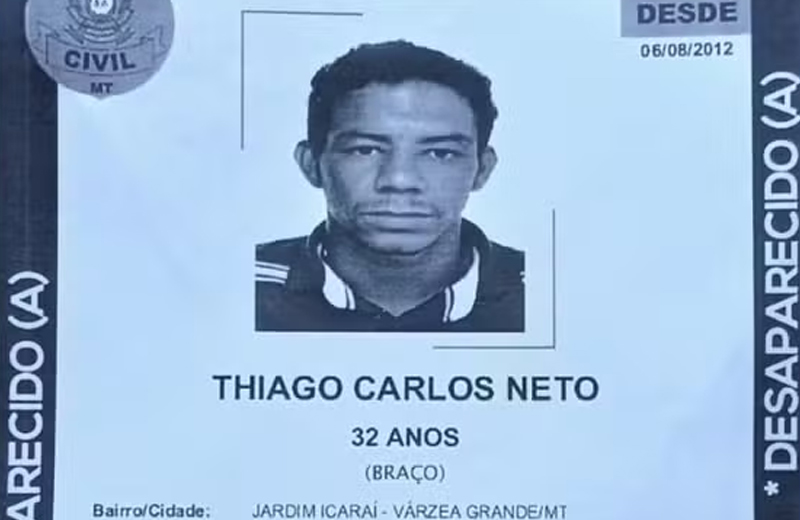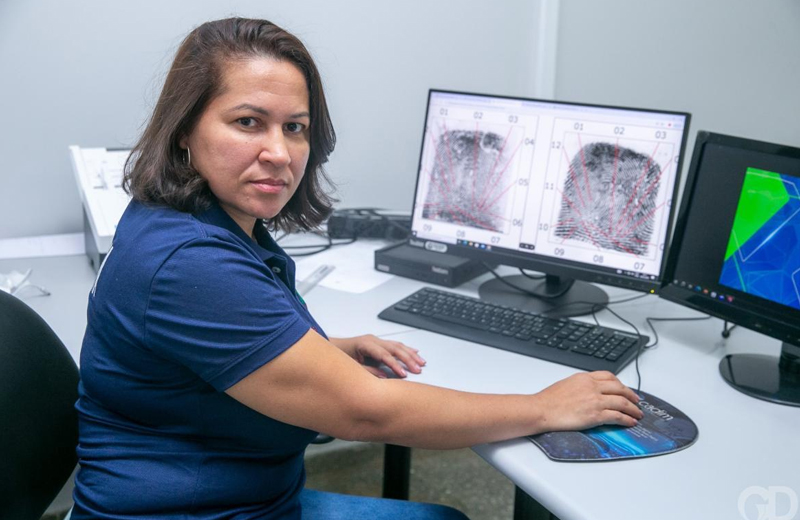In November, a body was found in an advanced state of decomposition in the municipality of Morro do Chapéu, in Bahia. The corpse was already in the skeletonized stage, in which the identification process could generate doubts.
The expert in charge of the investigation, Wênniton Menezes de Souza, had to dissect the skin covering the individual's fingers. He then rehydrated the skin to allow the "dermal papillae" to regenerate. The technology that made identification possible was developed by a Brazilian company, Griaule, and is also used by the FBI, the US federal police, the US Department of Defense and national bodies such as the Superior Electoral Court (TSE), state technical police stations, hospitals and banks.
In the new case in Bahia, which is now being used by the company as an effective example, after the expert had rehydrated the skin, the professional applied ink to the recovered fingerprint to obtain a paper print, which was scanned and analyzed by Griaule's software. The method is called necropapiloscopic examination. According to Griaule's business director, João Weber, "the technology is used to solve various cases where biometric identification is required during an investigation. Whether it's to identify a body, identify a suspect through the trace of a print found at a crime scene, or even in cases of national security."
According to Griaule, the program analyzes the fingerprint image in search of characteristic points that distinguish it and make it unique, thus enabling identification when compared with millions of fingerprints deposited in a database for a given region and state. In this case, information from the Pedro de Mello Identification Institute (IIPM) in Bahia was used.
For Weber, technology will enhance investigative work. "In most cases, all we have are small fragments, very damaged.
The smaller and more damaged the trace collected, the more difficult it is to identify, making the presence of computer tools even more important to assist the expert's work," he said. In the case in the interior of Bahia, the body was that of a man who had been missing for 40 days.
This excerpt is part of the full content published by the Veja website on December 2, 2019, available at this link.









